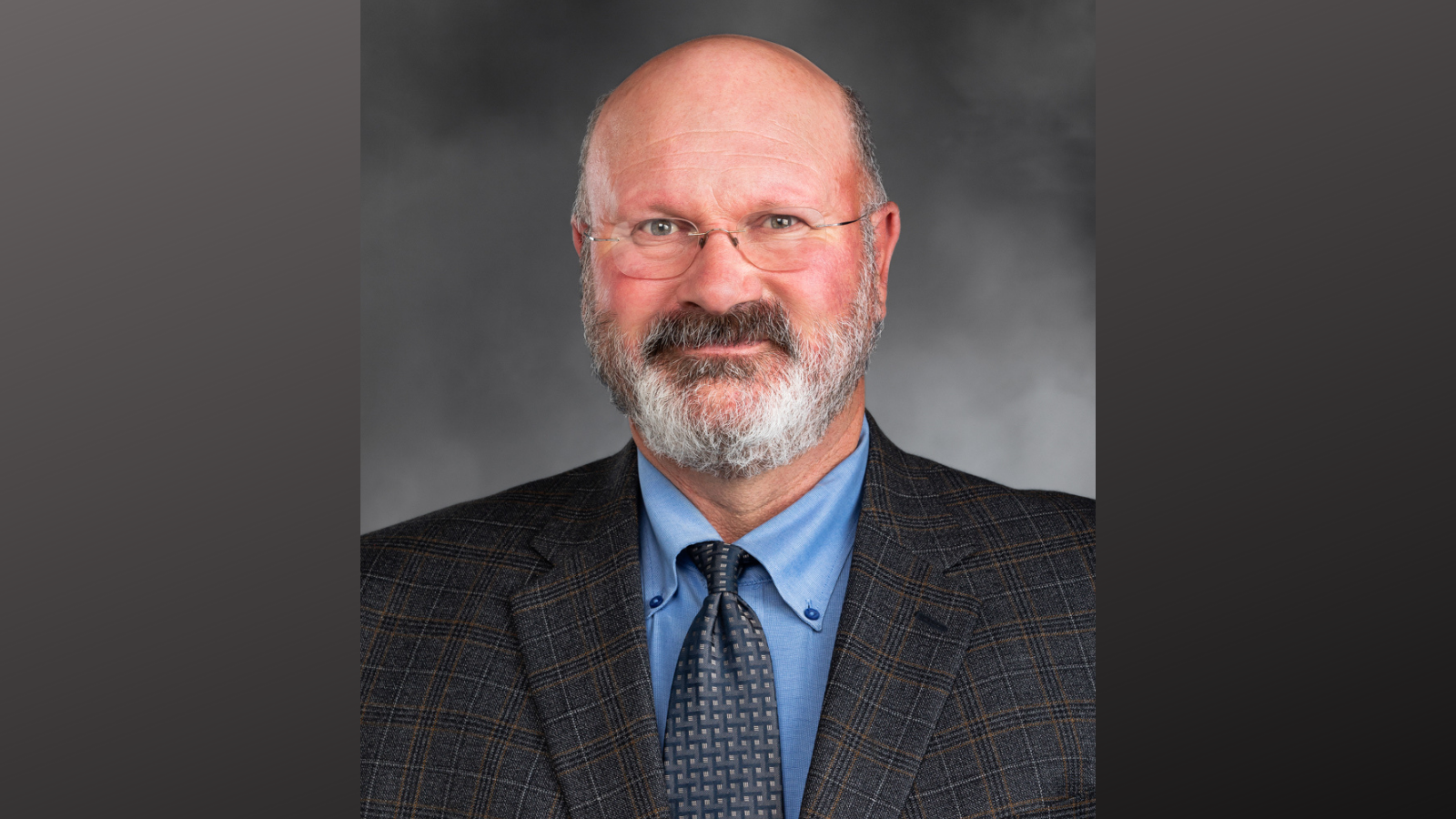-- August 8, 2022 It was apparent then, and is even more apparent today: The 2021 legislative session really pushed our state in the wrong direction. Governor Inslee and others who longed for a state income tax finally got their way. Hard drugs were essentially...
Where is the ‘equity’ for victims of crime?
read more










